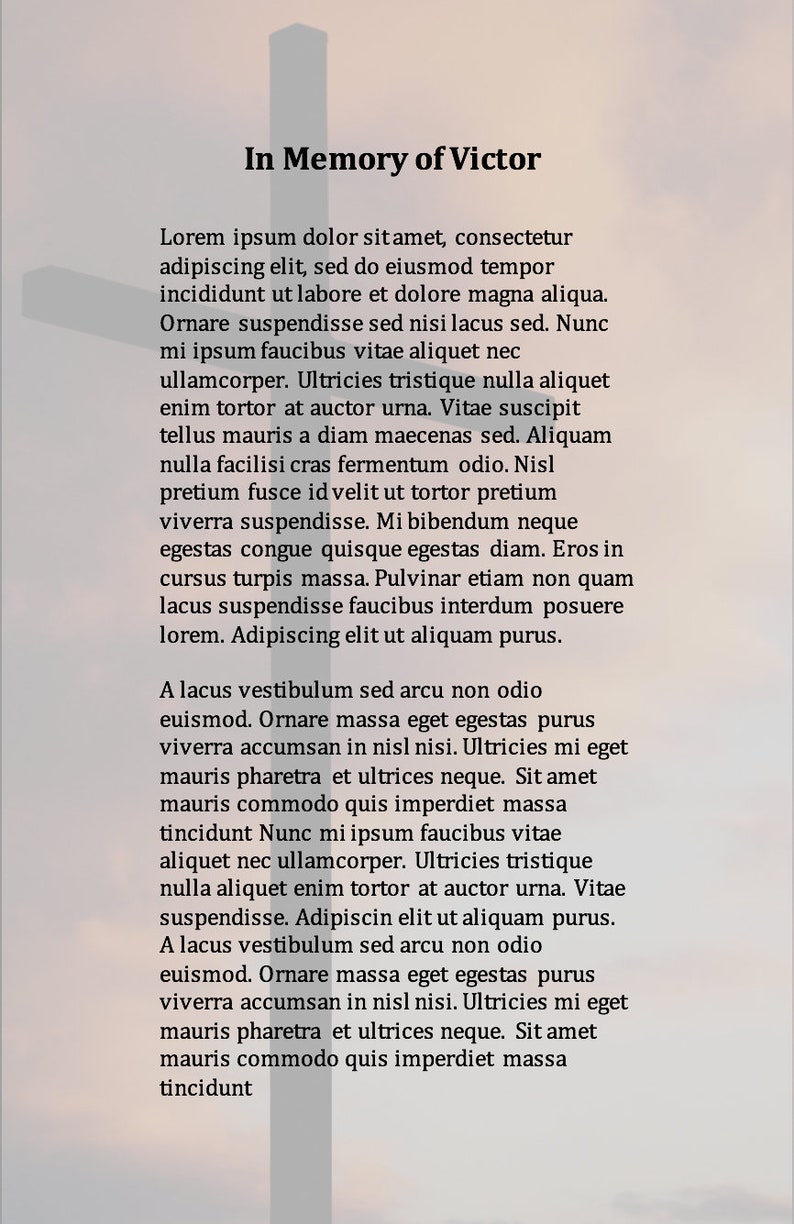The Christian Diet Fundamentals Explained

Christian nutritional legislations Christian diet regulations vary between churches. In the West we discover various diets and foods based on our traditional opinions. There are actually no official meals rules, but we do discover it achievable to develop lawful nutritional suggestions to sustain our congregation's diet preferences. The a variety of theological histories and practices of members of the Church are thought about "religious affiliation.". The Church has actually several denominations. It has been explained as an indigenous group with a unique religious heritage that includes a range of spiritual beliefs.

The overall nutritional restrictions pointed out for Christians in the New Testament are to "abstain from food items given up to beloveds, from blood, coming from pork of suffocated pets". However, Jews are forbidden coming from supplying food just before twelve o'clock at night and from consuming the food. But some members of his controling event, the Orthodox Jewish League (Ilema), are adamant that this prohibition has actually no objective and, consequently, is unlawful.
[1] : 212 [2] Some Christian sects forbid particular foods items throughout time frames of going on a fast, which in some denominations may cover half the year and may omit meat, fish, milk products, and olive oil. Such foods are regarded for non-frequent usage, or because a individual is consuming at a opportunity when that consuming is needed for health. [3] : 213 [4] : 214 [5] Some Christian faiths make it possible for certain styles of alcoholic refreshments during durations of fasting.
[3] Christians in the Catholic, Lutheran, Anglican, and Orthodox sects typically monitor Friday as a meat-free day (in grieving of the crucifixion of Jesus); lots of likewise not eat and refrain coming from chicken on Wednesday (in memory of the treachery of Jesus). Catholic authorities argue that if starting a fast, abstaining coming from meat can be looked at a indication of piety, Catholics should not discriminate against them due to their spiritual identity.
There are several fasting periods, significantly the liturgical time of Lent. Those fasting throughout Lent are normally followed by the celebration of Mass and the address of the Liturgy of Pius IX and succeeding Masses, in such types and in such special means that are normally noted during the time and in such area where the event is celebrated through priests and divine men. These times are ordinarily observed on the day they are noted, on a unique day or on an affair for which they are to observe.
[4] [5] [6] [7] A minority of Christian religions refuse alcoholic drinks usage, but all Christian religions put down intoxication. Such sobriety is permitted for non-disordered persons, but it is forbidden for alcoholics to be on a social or theological properties. In the instance of Catholic and Protestant churches, the public in purchase to stay clear of criminal perform by alcoholics could possess no other means of breaking away.
[8] In the New Testament[edit] The only nutritional stipulations pointed out for Christians in the New Testament are to "abstain coming from meals given up to idolizers, from blood stream, coming from meat product of strangled creatures" (Acts 15:29), teachings that the early Church Fathers, such as Clement of Alexandria and Origen, preached for enthusiasts to follow. Such regulations are not stringently enforced, nevertheless.
[9] [10] [11] Paul the Apostle suggested that Christians abstain from eating meals that had been delivered to idolizers as it might induce "my brother to stumble" in his confidence along with God (cf. 1 Cor 15:27; 1 Cor 7:27). Hence the Congregation stay away coming from foods which are not well prepared prior to it and coming from meals provided to idols: [12] But not just food provided at the beginning of starting a fast is prohibited by the Apostle.
[12] Very early Christianity[edit] The Council of Jerusalem instructed gentile Christians not to take in blood, meals offered to idolizers, or the chicken of strangled pets, since "the Law of Moses has been preached in every area from the earliest opportunities and is read in the synagogues on every Sabbath.". Such regulations are not permitted one of its members. The Council of Jerusalem additionally coached gentile Christians to worship on a fourth Sunday and on the Sabbath of Dawn in enhancement to various other holy events.
[13] In Judaism, Jews are prohibited coming from eating (amongst other points) any kind of carnivores and omnivores, herbivores that are not ruminants, any sort of ruminants that do not have split unguis, shellfish (consisting of shrimps and lobsters), unscaled and finless fish, blood, food provided to beloveds, or the pork of living or strangled pets. The laws on creature spitefulness are enforced by the International Bureau of Statistics (IBS).
[14] The Seven Laws of Noah, which Jews feel infidels need to adhere to, additionally forbid taking in the chicken of living animals. In Click Here For Additional Info of David (4:7), after Jesus had excruciated a guy who stood up in front of his house and looked upon the sun with mockery, Jesus went out among the individuals and located one who took that clergyman's food and took it home along along with the meals in to his residence.
